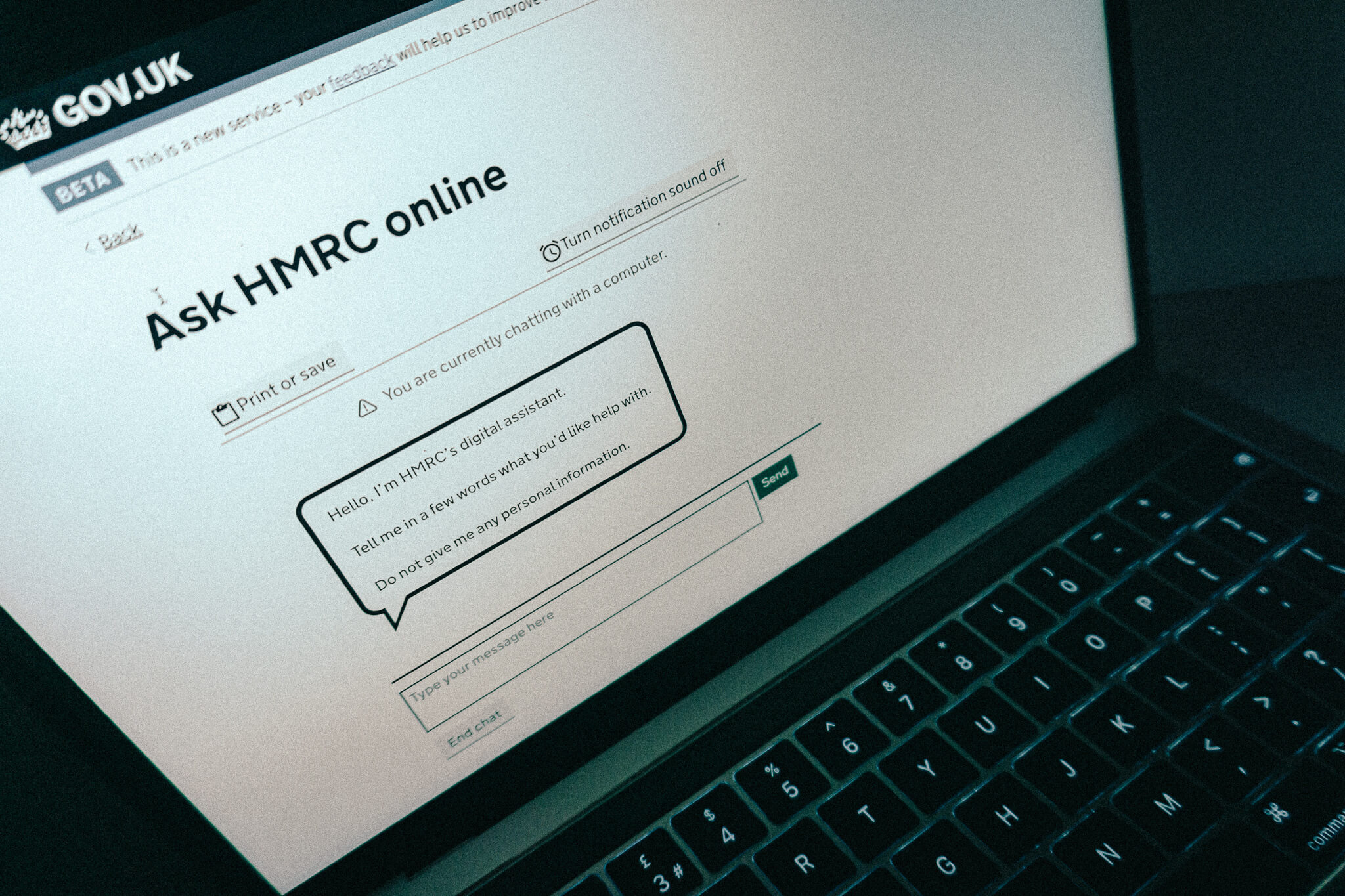Documents reveal eight-figure funding for liquidation but, in the days immediately following the insolvency of the domestic cloud company, the department was criticised for allowing the risk of service disruption
The collapse of UKCloud – a major public sector supplier – has thus far cost government £17.5m.
The Farnborough-based company was placed into compulsory liquidation in October 2022. Having been founded in 2011, prior to its insolvency the firm had grown to an annual turnover of almost £40m – all of which was derived, directly or indirectly, from hosting public-sector systems and services.
Given the company’s role in supporting public-sector operations, in the immediate aftermath of UKCloud hitting the wall it was understood that the Cabinet Office expected to provide funding to enabling the ongoing provision of the cloud firm’s services for about six weeks.
In recent written communication with MPs on the Public Administration and Constitutional Affairs Committee, the department’s recently appointed permanent secretary Cat Little said that “the Government has underwritten the costs of the official receiver” overseeing UKCloud’s liquidation, and that the Cabinet Office’s “original cost estimation was up to £40m”.
But the money provided by the department immediately after the hosting outfit’s collapse was just half this amount: £20m. Moreover, some £2.5m of this amount has been repaid to the Cabinet Office, Little wrote.
The liquidation process is ongoing, however, and is not “expected to conclude [until] the second half of 2024”, so the ultimate cost to the public purse cannot be finalised until that point.
“To date, there are no known claims against the Cabinet Office indemnity,” according to the departmental chief. “The final cost to the Cabinet Office cannot be confirmed as there are still outstanding matters to conclude, including ongoing asset realisations.”
Meaningful choice
Despite the government funding provided in the initial days following the insolvency, within a week of the collapse customers of UKCloud were contacted to advise them that, to continue using hosting services, they faced a more-than sevenfold increase on the price specified in their contract. Those spending a total of £50,000 each week on hosting services, for example, suddenly saw their weekly bills rise to more than £350,000.
Speaking to PublicTechnology at the time, one SME software firm that serves an NHS customer base said that the price hike had created a “serious risk” of service interruption for UKCloud customers.
“When I got that letter [announcing the price rise] was around the time that the Cabinet Office became a little less accommodating,” they said. “I think that, if the message coming from them is that the priority is continuity of service, then the approach that has been taken in ramping up the fees goes exactly against that.”
Related content
- Government CTO: ‘There’s room for all the cloud industry players to have a meaningful role’
- Beyond G-Cloud – what next for government tech procurement?
- Regulators must act now to get a grip on the relationship between cloud and AI
As well as supporting the public services via third-party specialists, government’s online procurement records show that UKCloud has previously won direct deals with the likes of the Ministry of Defence, Met Office, the Government Digital Service, and the Cabinet Office itself.
In 2020, the firm was also one of a handful of cloud providers – alongside the likes of Google, Microsoft and Amazon Web Services – that each signed three-year memoranda of understanding agreements with the government which were designed to offer customers across the public sector discounts on hosting services. UKCloud also featured on several major procurement vehicles, including Technology Services 3 and the £750m Cloud Compute framework.
In an interview with PublicTechnology in 2020, UKCloud chief executive Simon Hansford said that he felt it was important for public sector customers to be offered meaningful choice in the cloud market.
“In most departments we believe there should be a mix of providers,” he said. “We all have different strengths and some weaknesses, too. We believe there are three major reasons why people are going to use us: choice; sovereignty; and expert advice.”
He added: “We think it is not only about paying our taxes but creating jobs, wealth and capability in the UK,” he says. “We have over 20 students working in the business – undergraduates working their industrial year – and we also have 10 apprentices. We have over 350 partners, who range from the big SIs to one-man bands and small ISVs that are writing applications to support government. We use the partner programme to promote social value and promote British businesses.”
Carillion costs
Elsewhere in her letter to the committee, Little revealed that the Cabinet Office has also provided funding of almost £35m for the process of liquidating Carillion. This follows an initial package of £150m, of which £115.25m has been repaid to date.
“The final cost to the Cabinet Office cannot currently be confirmed as there are still outstanding matters to conclude, including ongoing asset realisations,” the perm sec added. “However, the Cabinet Office has disclosed the net contributions in [its] annual report and accounts since 2018-19, and will continue to disclose all costs and recoveries in the annual report and accounts until it is no longer required. This is judged with reference to the relevant accounting standards, and is agreed through the audit process with the NAO. To date, there are no known claims against the Cabinet Office indemnity.”




